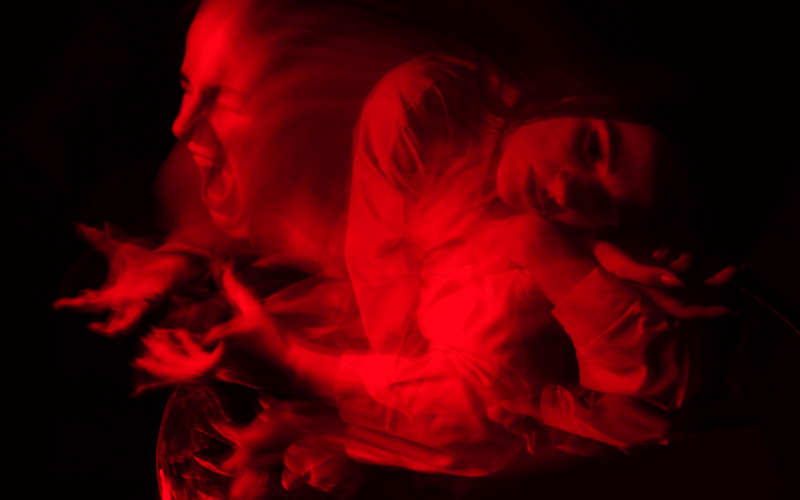Frequently Asked Questions about Bipolar Depression

1. What is the difference between bipolar depression and unipolar depression?
Bipolar depression is a depressive phase of bipolar disorder, which is characterized by alternating episodes of depression and mania. Unipolar depression, also known as major depressive disorder, involves only depressive episodes without the presence of manic episodes. It’s essential to differentiate between the two, as treatment approaches may differ.
2. How is bipolar depression diagnosed?
Diagnosing bipolar depression requires a thorough evaluation by a mental health professional, such as a psychiatrist or psychologist. The evaluation may include a detailed discussion of an individual’s symptoms, medical and family history, and a review of any previous episodes of mania or hypomania. A proper diagnosis is crucial for developing an effective treatment plan.
3. What are the treatment options for bipolar depression?
Treatment for bipolar depression typically involves a combination of medication and therapy. Mood stabilizers, such as lithium or valproate, are commonly prescribed to help manage mood fluctuations. Antidepressants may also be used to treat depressive symptoms, although they should be used with caution due to the risk of triggering a manic episode. Psychotherapy, such as cognitive-behavioral therapy (CBT) or family-focused therapy, can help individuals develop coping strategies and improve communication skills.
4. Can lifestyle changes help manage bipolar depression symptoms?
Lifestyle changes can play a crucial role in managing bipolar depression symptoms. Establishing a regular sleep schedule, engaging in regular exercise, maintaining a balanced diet, and reducing stress can all contribute to better mental health. It’s also essential to avoid alcohol and drug use, as these substances can exacerbate mood fluctuations and interfere with treatment.
5. How can friends and family support someone with bipolar depression?
Friends and family can support someone with bipolar depression by being understanding, patient, and non-judgmental. Encourage open communication and offer a listening ear when needed. Educate yourself about bipolar disorder to better understand the challenges your loved one faces. Additionally, help your loved one maintain a healthy routine and encourage them to seek professional help if they haven’t already.
Conclusion
Bipolar depression is a complex mental health condition that can significantly impact an individual’s life. Recognizing the top 10 symptoms of bipolar depression is vital for early diagnosis and appropriate treatment. By seeking professional help and support from loved ones, individuals living with bipolar depression can manage their symptoms and lead fulfilling lives.